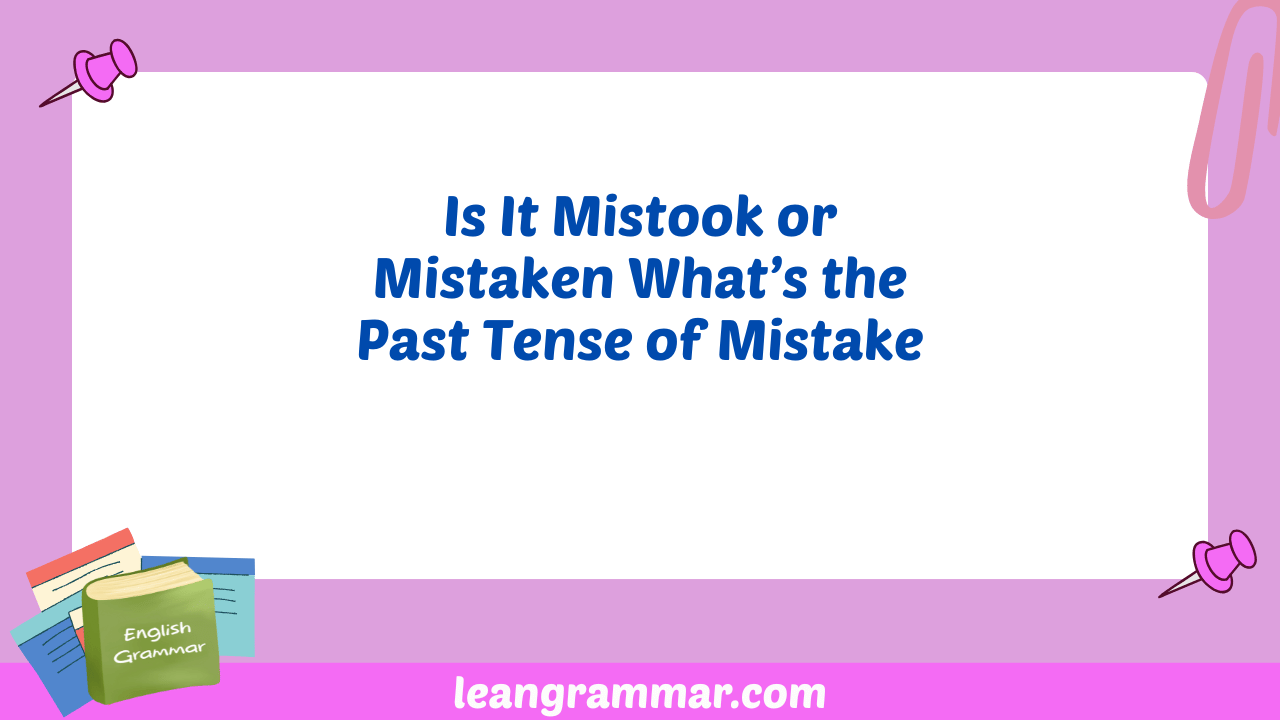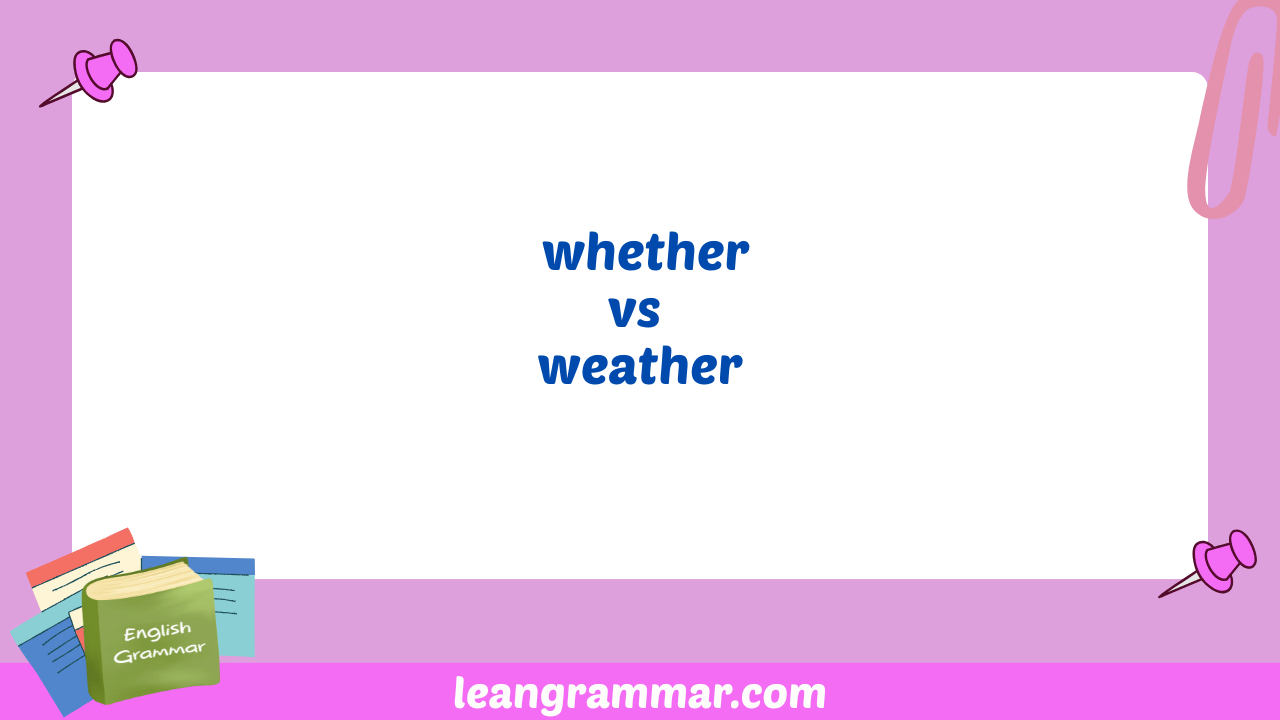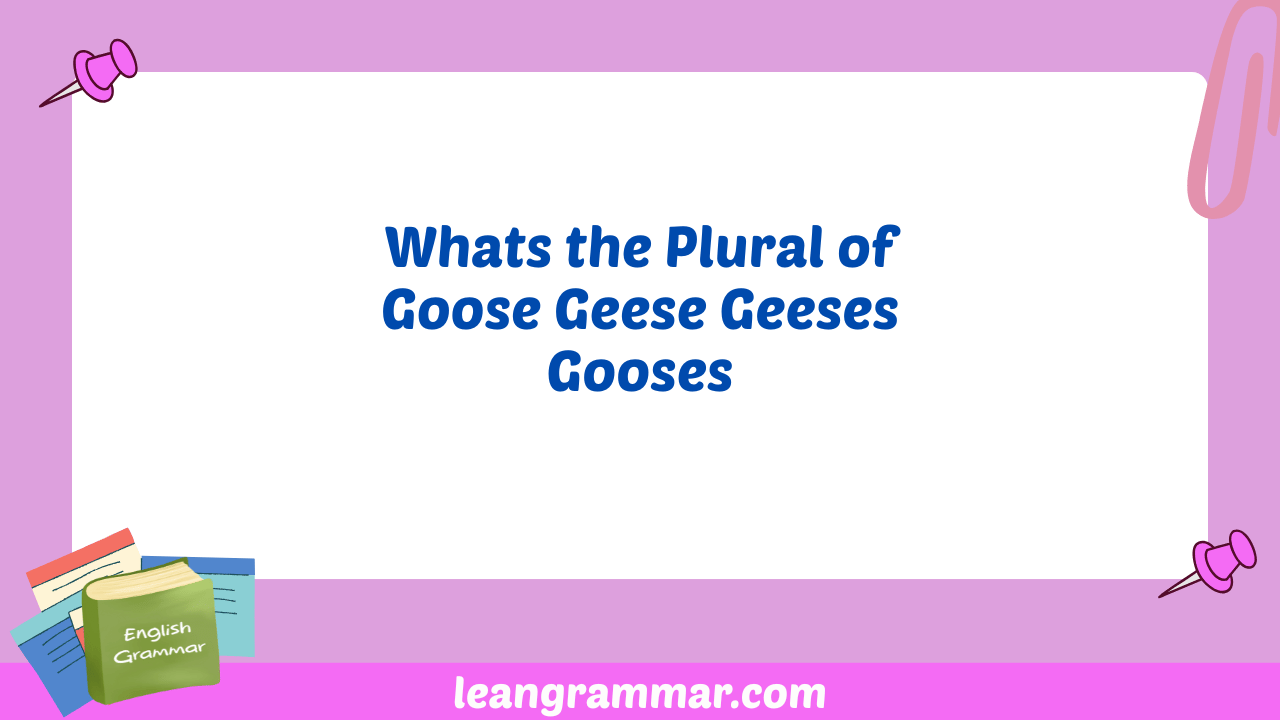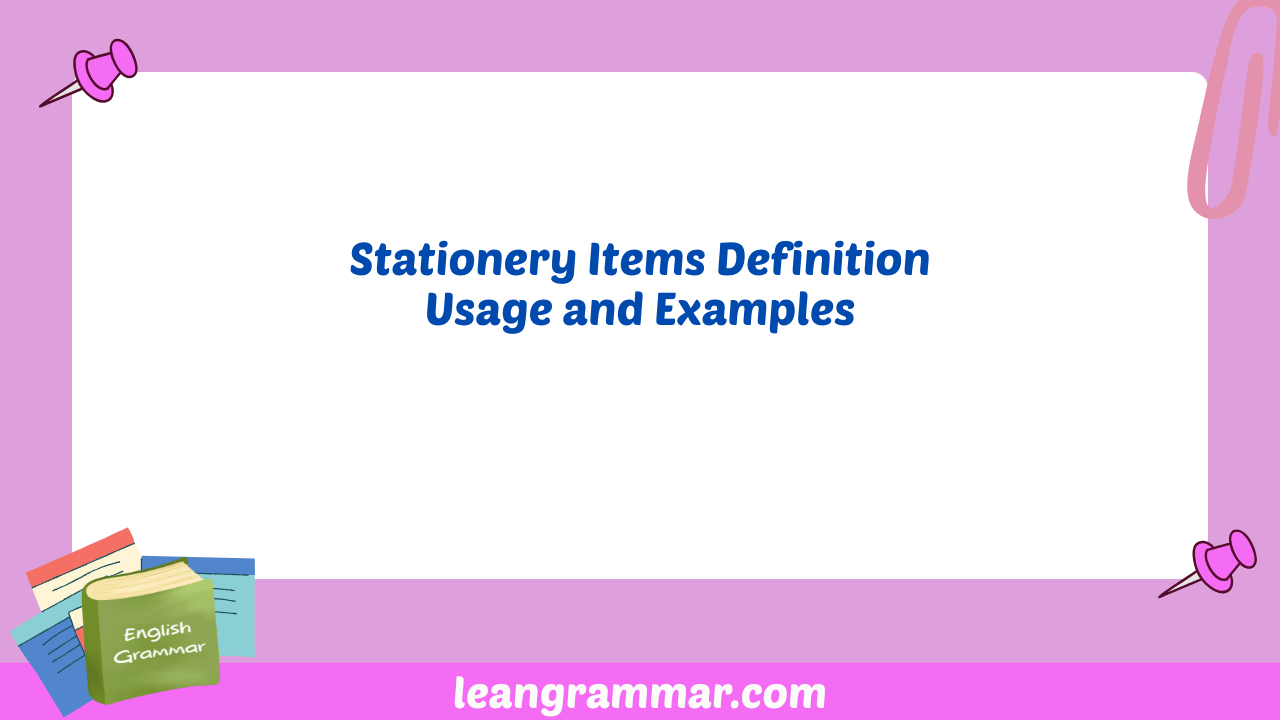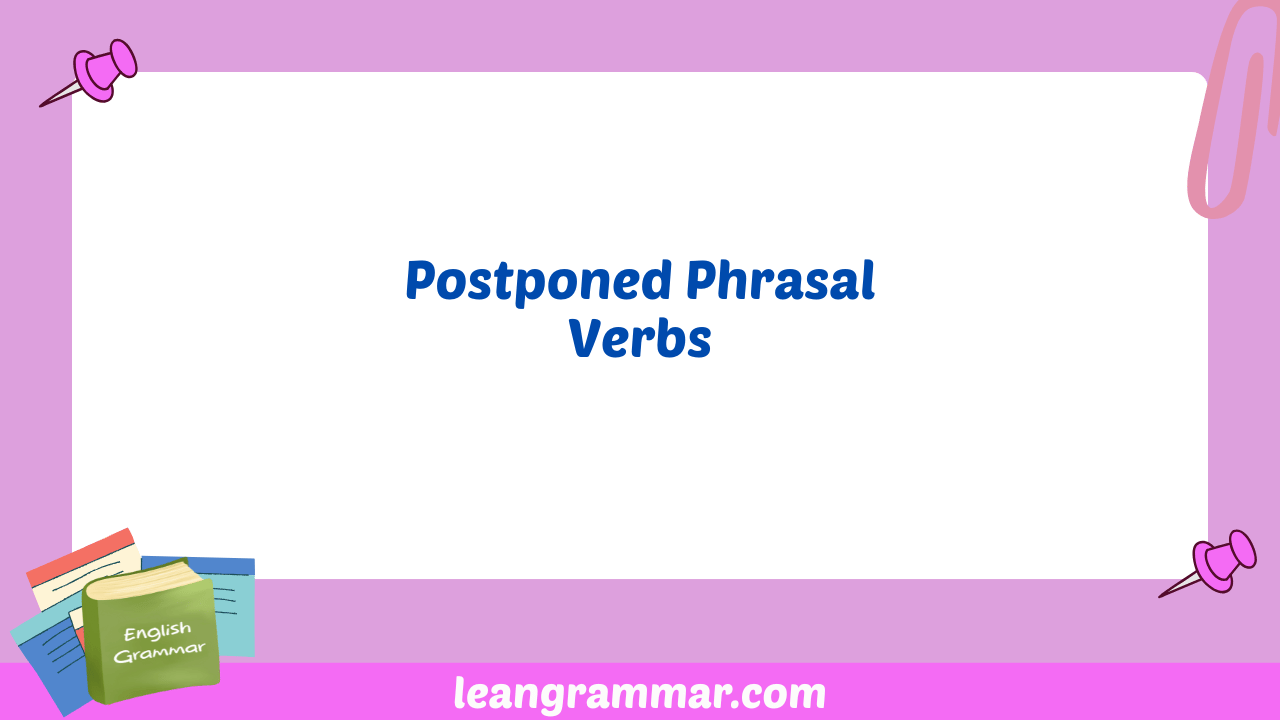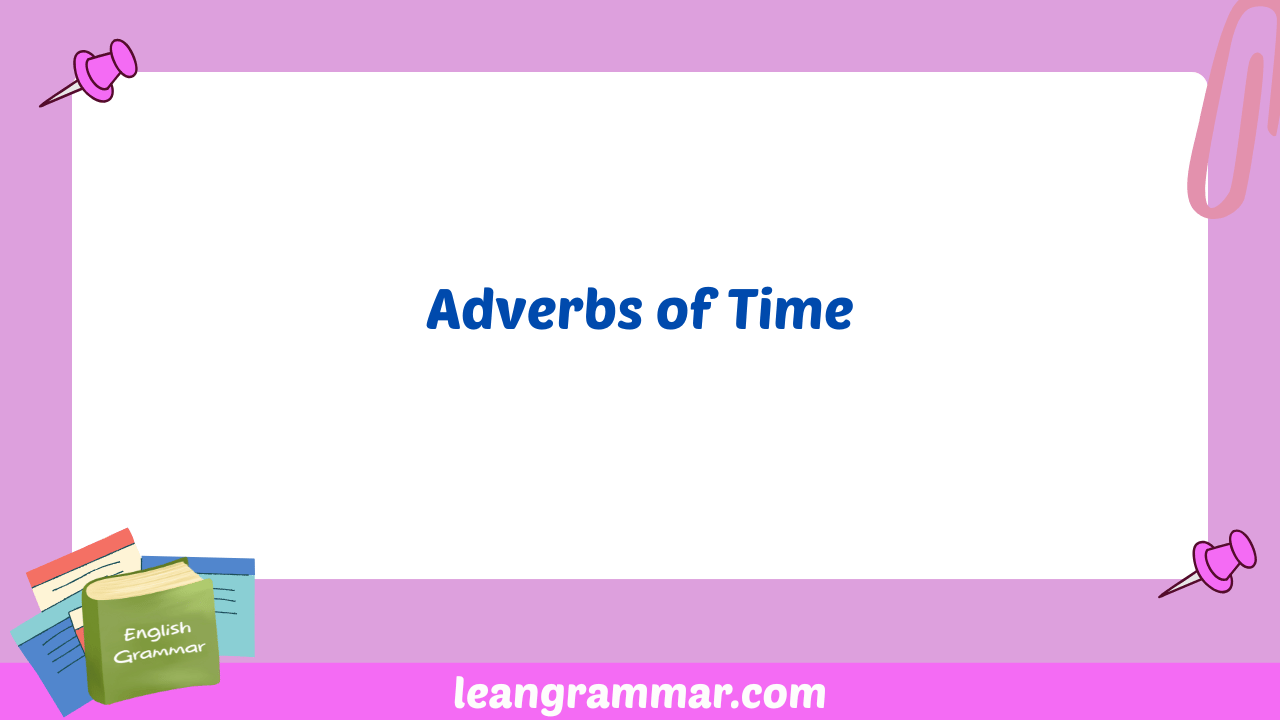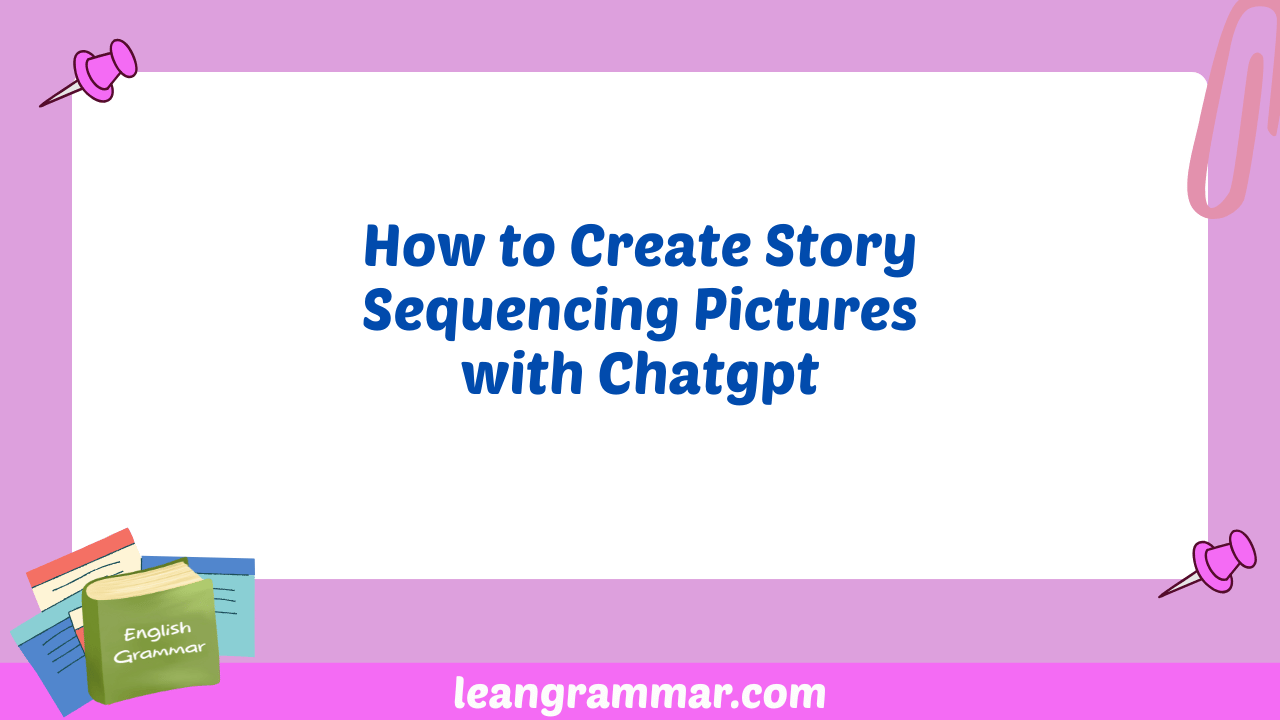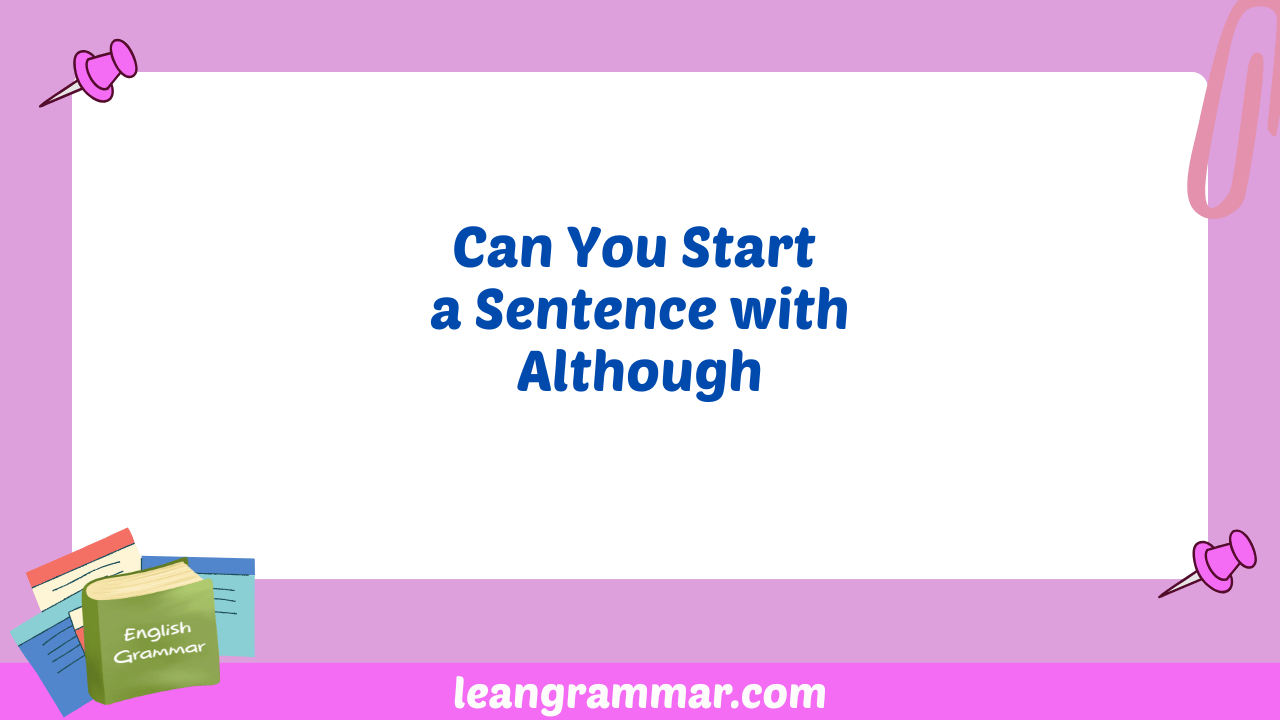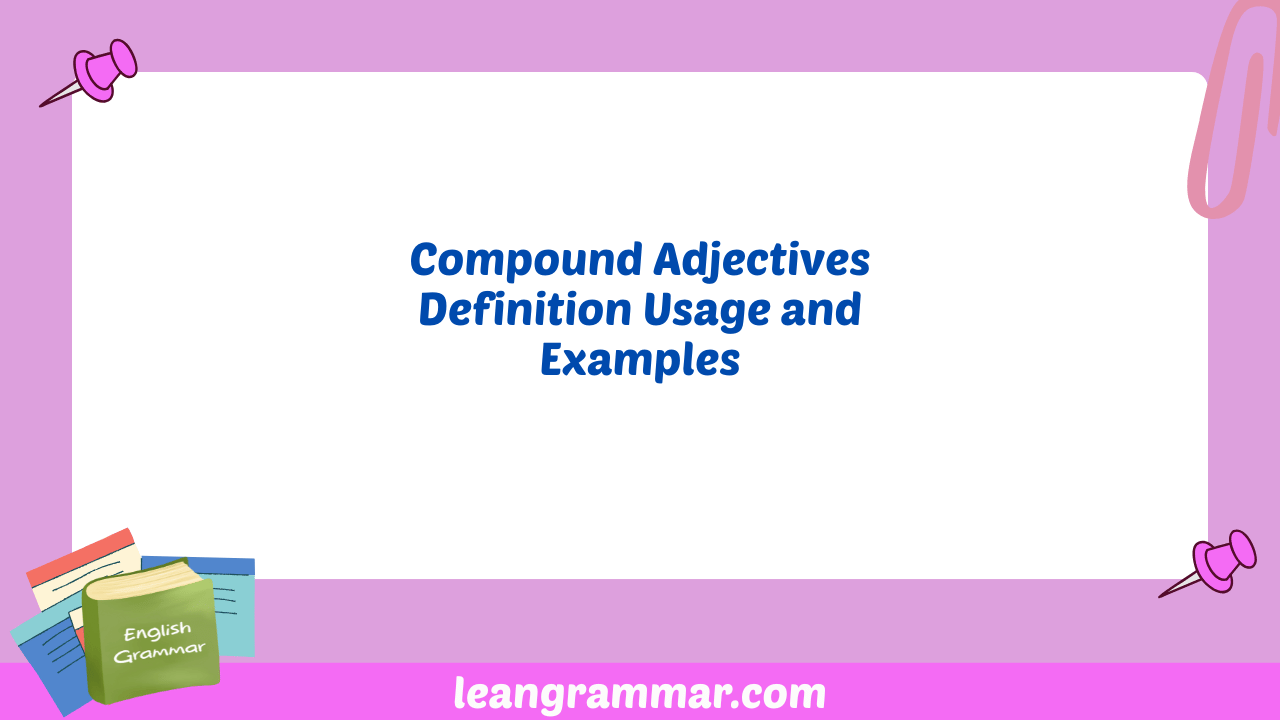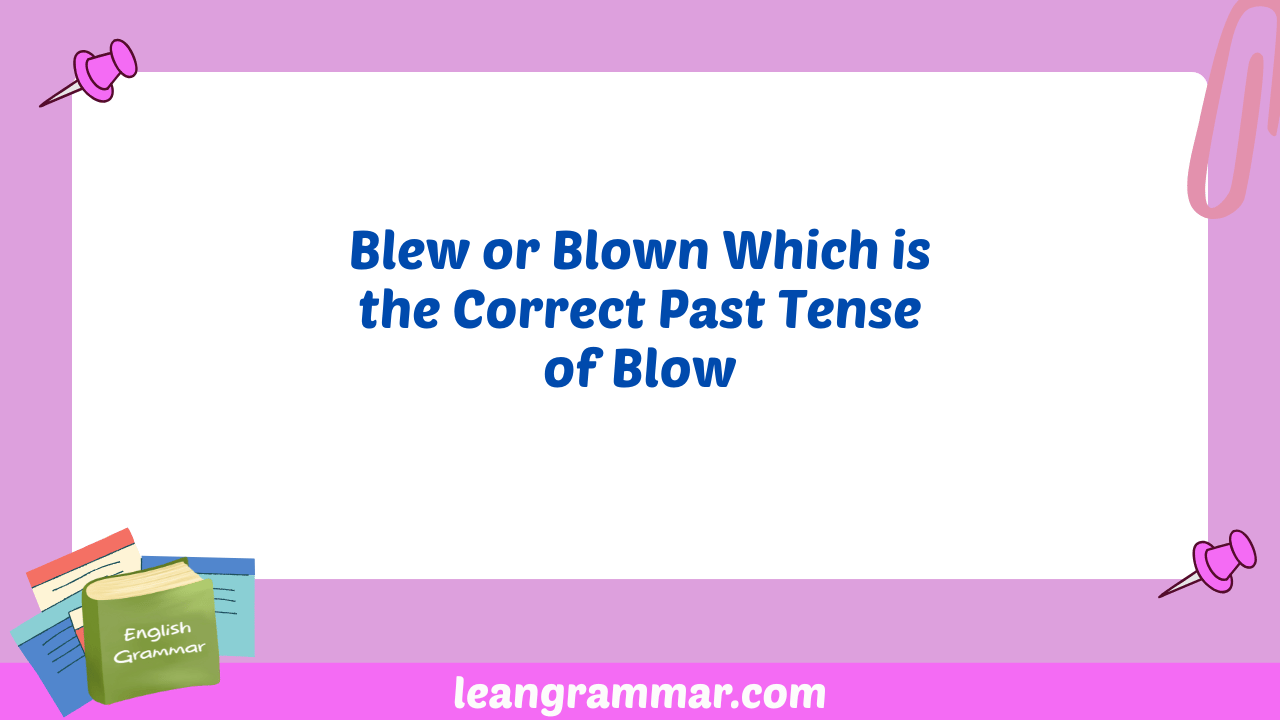Mistook vs. Mistaken: Mastering the Past Tense of “Mistake”
Understanding the correct past tense and past participle forms of irregular verbs like “mistake” is crucial for clear and accurate communication in English. The confusion between “mistook” and “mistaken” is a common error, even among native speakers. This article provides a comprehensive guide to mastering the past tense of “mistake,” clarifying its various forms, usage … Read more
